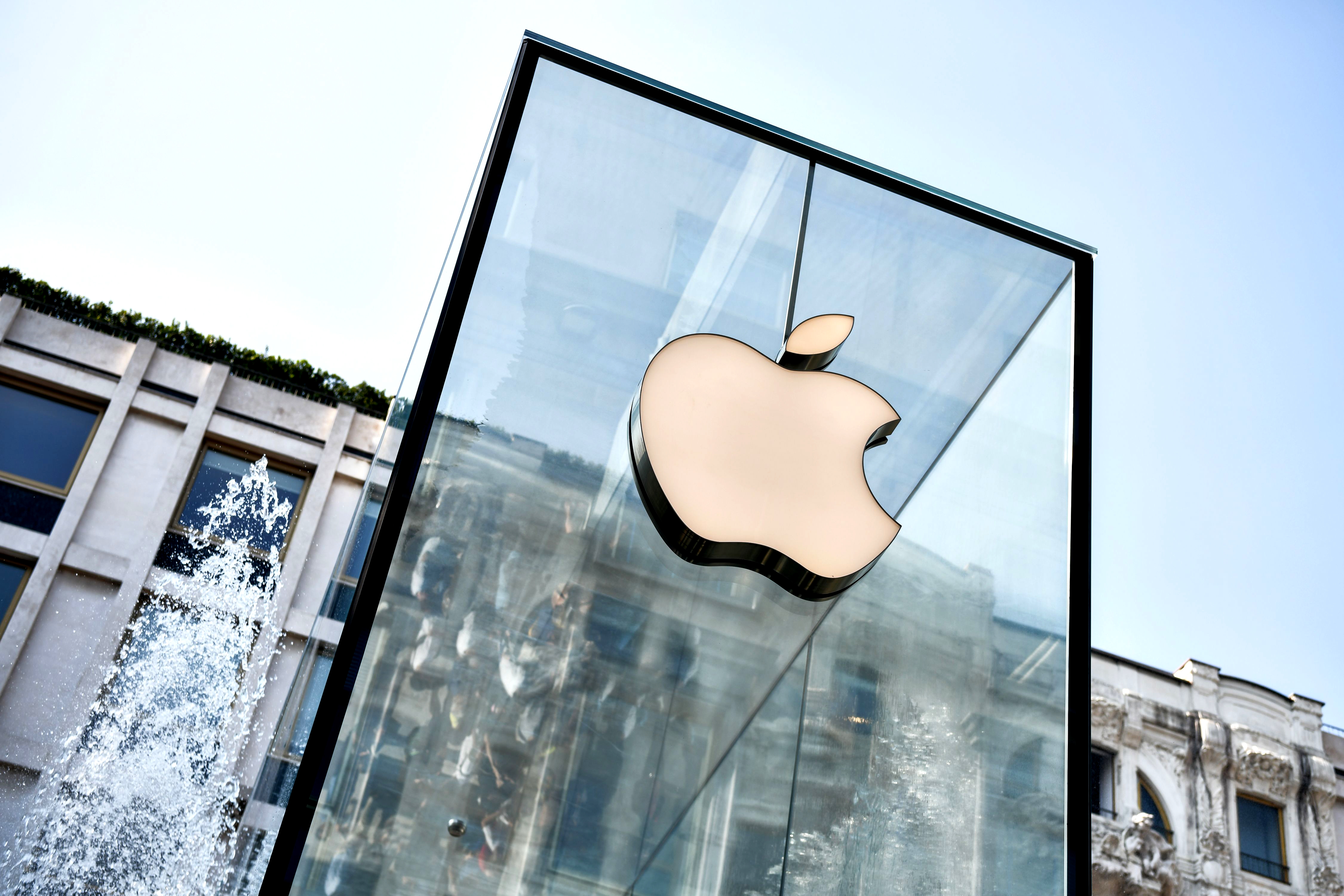Apple hit $1 trillion. Now what?
Previous market leaders, such as Exxon and IBM, generated huge profits but eventually lost momentum and dominance as the world changed

A free daily email with the biggest news stories of the day – and the best features from TheWeek.com
You are now subscribed
Your newsletter sign-up was successful
The smartest insight and analysis, from all perspectives, rounded up from around the web:
"Apple has crossed a psychological threshold as much as a numerical one," said Brad Stone at Bloomberg Businessweek. Last week the company, already "the most valuable business in modern history," attained a market capitalization of $1 trillion, a remarkable number for the personal-computing upstart founded in a Silicon Valley garage by Steve Jobs and his buddy Steve Wozniak in 1976. Twenty years later, Apple almost died: Businessweek's 1996 Apple cover had the words "The Fall of an American Icon" on an all-black field. That was the year Apple brought back Jobs. His homecoming presaged the introduction of the iMac, iPod, iPad, and the iPhone as Jobs and his lieutenants "parlayed their uncommon obsession with design and ease of use into a historic run." Today, under Jobs' successor, Tim Cook, Apple's valuation is in line with the total economic output of Indonesia, the world's 16th-largest economy; its annual revenue is about the same as the gross domestic product of Finland. This is a corporate scale so great that Apple could acquire any emerging competitor, and no government has the appetite to take it on.
Things would be different were it not for the success of the iPhone and "the smartphone era it birthed," said Tripp Mickle and Amrith Ramkumar at The Wall Street Journal. The iPhone's triumph — 1.4 billion sold and counting — led to "a broader tech boom that has made a handful of giant companies central in people's daily lives and investment portfolios." The iPhone changed how we interact with tech and powered the giant mobile advertising businesses at Google and Facebook. But economists worry that Apple and its brethren are "contributing to the lackluster wage growth, shrinking middle class, and rising income inequality in the U.S.," said Matt Phillips at The New York Times. Apple's rise coincides with "a profound shift" in "the distribution of corporate profits among American companies." In 1975, 109 companies banked half of all the profits produced by publicly traded businesses. Today, only 30 companies capture that share. Just five banks control almost half of all assets in the American financial system. Four companies rule 98 percent of the American wireless market. "Consolidation begets profits." For the markets, that's fine, just "as long as profits keep pouring in."
The Week
Escape your echo chamber. Get the facts behind the news, plus analysis from multiple perspectives.

Sign up for The Week's Free Newsletters
From our morning news briefing to a weekly Good News Newsletter, get the best of The Week delivered directly to your inbox.
From our morning news briefing to a weekly Good News Newsletter, get the best of The Week delivered directly to your inbox.
Cook isn't crowing about his company's trillion-dollar milestone, says Guadalupe Gonzalez at Inc. As Cook wrote in a memo to employees, the financial returns are "simply the result of Apple's innovation." But can this supersize Apple keep innovating? asked Zachary Karabell at Wired. It's massively profitable and still growing, yet "its products appear set and essentially static." The areas in which it is investing research and development — such as AI, cars, robotics, and voice — are already brimming with "a host of deep-pocketed competitors and hungry upstarts." Previous market leaders, such as Exxon and IBM, generated huge profits but eventually lost momentum and dominance as the world changed. Still, these are problems Apple's rivals can only envy. Even if it turns out that $1 trillion "is at or near its apex," Apple will "still be one of the most successful companies the world has ever seen."
A free daily email with the biggest news stories of the day – and the best features from TheWeek.com